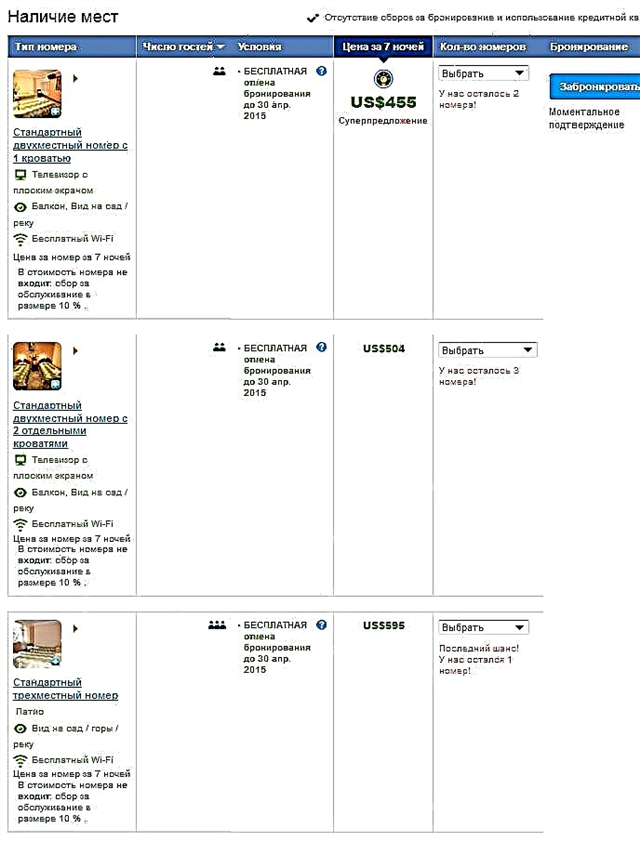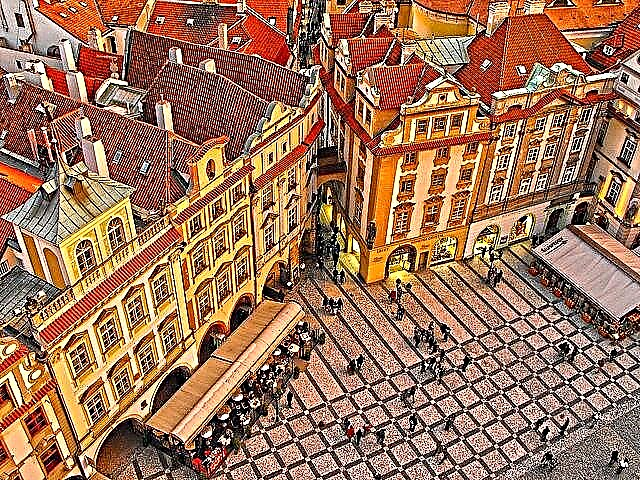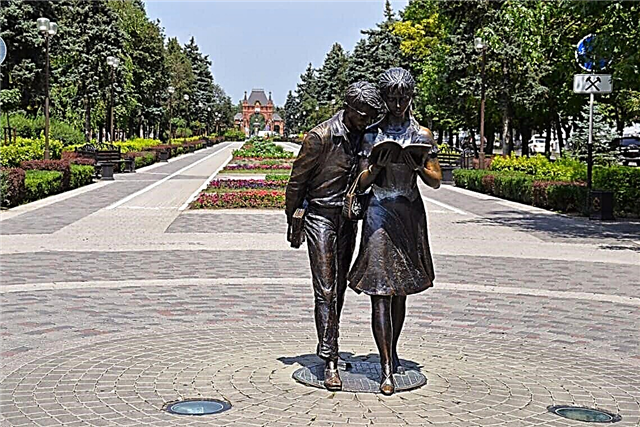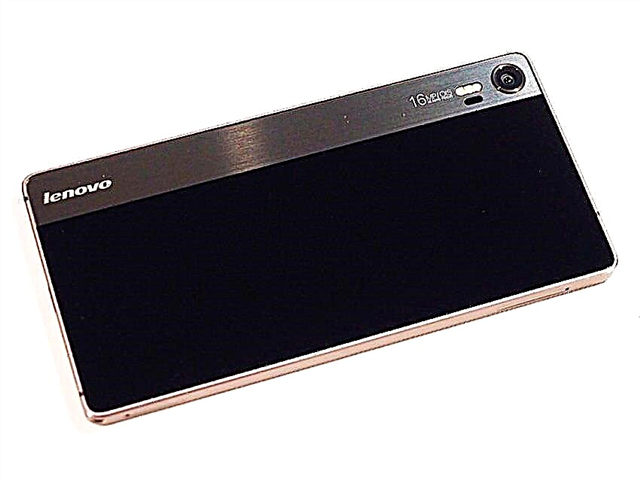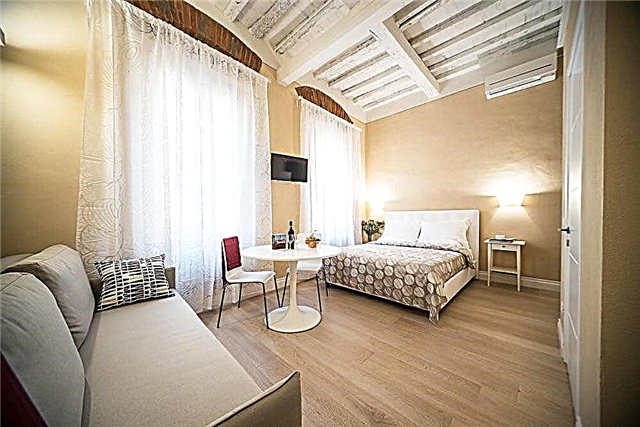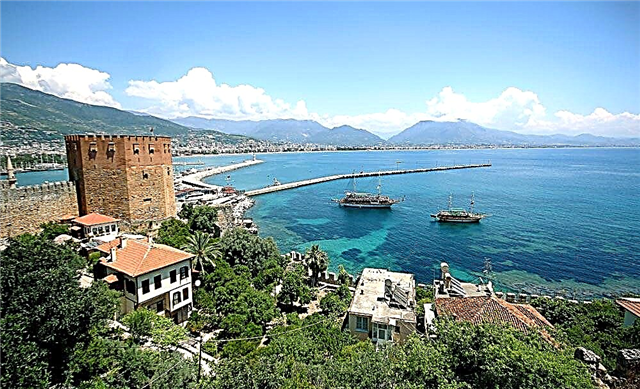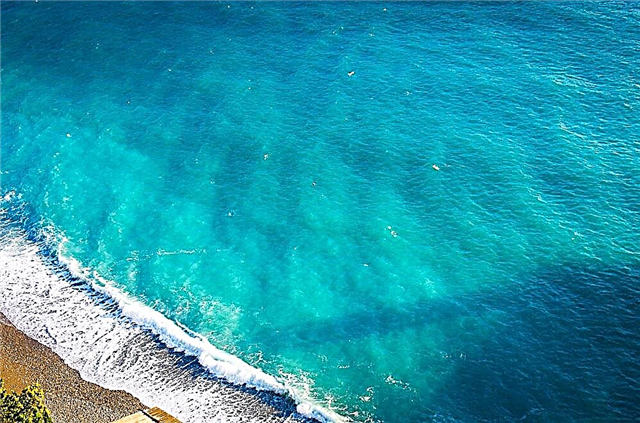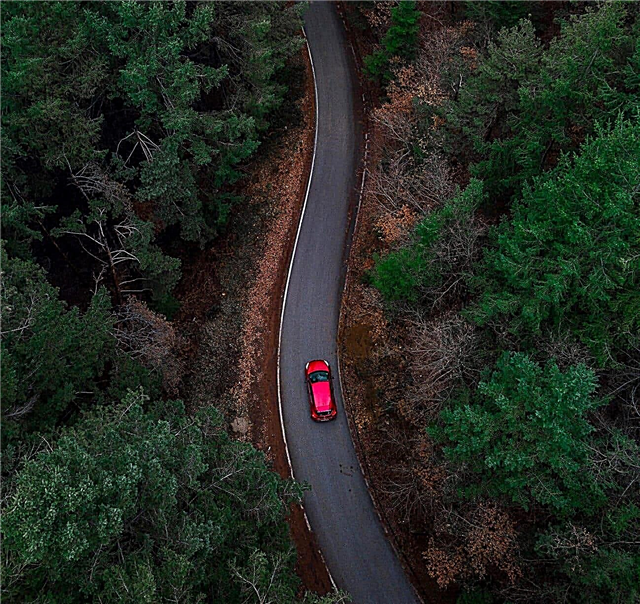
We will tell you how to rent a car in Bulgaria in 2021. Is it expensive to rent, what rights are needed, how much gasoline costs and how things are with fines and parking in Bulgaria.
Bulgaria is a popular and relatively inexpensive tourist destination. Even if you still need a Schengen or a national visa to visit this country, it still accepts a huge number of Russian tourists.
For most vacationers, Bulgaria is primarily the sea and beaches, so tourists spend their holidays at one resort. However, the country has many interesting places not only on the coast - for example, Sofia and Plovdiv are attractive. If you want to see a different, non-beach Bulgaria, rent a car - it's easy.
Rent a car Is the best way to travel! Myrentacar.com is a reliable and convenient car rental service in Bulgaria. Choose a car according to your taste and budget - there is a wide choice. The cost of car rental is from 8 euros per day. Do you have any questions? The Russian-speaking support service will help you with everything.
Car rental prices in Bulgaria - 2021
Since the majority of tourists arrive directly at the seaside, they rent cars in resort towns: Burgas, Sunny Beach, Varna, Pomorie and others.
Car rental prices in Bulgaria depend on the season. In summer - from 25 euros per day, sometimes you can find offers for 20 euros. At all resorts, rental costs about the same.
In low season, from autumn to spring, rent is cheaper - from 10 euros per day. It is better to clarify any details of the lease by calling the indicated phones - it happens that the website did not have time to update the information, or the cars at this price have already ended.
The prices for cars differ depending on the brand and configuration. Don't take an SUV, as the roads in Bulgaria are good.
The price of car rental in Bulgaria includes:
- the cost of using the car (entire period);
- local taxes;
- damage insurance (CDW, deductible from 150 €);
- mileage without limitation;
- insurance of third parties under the OSAGO policy without a deductible;
- airport taxes if the rental takes place at the airport;
- theft insurance;
- round-the-clock rental support.

What card do you need to pay
To pay for the reservation, you can use a credit or debit card Mastercard and Visa, more often they ask for a credit card. The specific requirements of the office are always indicated on the website in the terms of lease in the section "Payment method"
If you don't have a credit card, that's okay. Most Russian debit cards are actually credit cards, but with a zero limit - this is fine for payment.
What else do you need to get a car:
- Age at least 21-23 years old, driving experience 1-3 years (requirements may vary). Some businesses charge extra if you are under 26 or 30, or over 60 or 65.
- Driver's license. Enough Russian rights, including the old model. It must be laminated with the name indicated in Latin letters.
- International passport.
- Booking voucher (you can show the saved document on your phone).
Car rental in Bulgaria on personal experience. Tips and safety
Insurance and deposit
When renting, you can choose a car insurance with a deductible or full.
Full insurance. It is more expensive than insurance with a deductible, but in case of damage, the insurance company pays for everything. That is, you overpay when renting, but you save a lot if an accident suddenly occurs or someone scratches the car.
Franchise. This is the amount within which you yourself pay for the damage to the car. For example, an insurance policy deductible is 800 euros. Any repairs less than this amount you pay yourself, and if more - insurance.
Deposit. This is a deposit, usually they take exactly the amount of the franchise. It is frozen in the account, and if something happens, then the repair will be paid from this money.
As a result, it is more profitable to take full insurance - so it is calmer.

Is it safe to travel by car
The roads in Bulgaria are good and safe for motorists. Dangerous driving is not worth fearing. There are no wild animals on the roads, the only thing that may seem unusual is the donkey carts. Sometimes cattle are driven.
There is no need to worry about the good faith of the landlord. Any rental office will issue you a contract, which indicates the rights and obligations of both parties, and you can always contact a specialist by phone, via messengers or social networks.
Travel itinerary in Bulgaria
Speed limits
Highways in Bulgaria have road signs with a green background, on the main roads with a blue background. On minor roads, the background of the signs is white.
Speed limit on roads for cars are as follows:
- in the village - 50 km / h;
- outside the settlement - 90 km / h;
- on the motorway - 140 km / h.
These restrictions are strict, there are no "reserve" 20 km, as in Russia. There are a lot of cameras on the roads and there are police officers.
The cities in Bulgaria are located close to each other, therefore, in many areas there are speed limits for settlements - you will not be able to move quickly.

Toll roads
There are toll roads in Bulgaria. There are few of them: travel over bridges across the Danube between the cities of Ruse (Bulgaria) - Giurgiu (Romania) and Vidin (Bulgaria) - Calafat (Romania).
There are also paid ferries between some cities: Silistra (Bulgaria) - Calarasi (Romania), Nikopol (Bulgaria) - Turnu Magurele (Romania), Oryakhovo (Bulgaria) - Bechet (Romania) and Svishtov (Bulgaria) - Zimnich (Romania). Within the country, roads are free.
Penalties
Exchange rate: 1 Bulgarian lev (BGN) ≈ 43 RUB.
The fines in Bulgaria are strict. They are not always high, but the payment receipt will find you even on another continent. Many tourists tell how the fines come after a few months.
The fine for speeding by 10 km / h is 20 leva, up to 20 km / h - 50 leva. 100 levs - a fine for driving through a red light.
Europeans adhere to economy and maximum environmental friendliness in all spheres of life, therefore parking with the engine on is prohibited - a violation will cost you 50 leva. When stopping by patrol officers for the absence of one of the documents (passport, insurance), a fine from 50 to 200 levs can be issued.
You may be deprived of your rights through court for speeding over 50 km / h. The term of deprivation is three months. Only fines up to 50 levs are not considered by the court. In addition, you will need to pay a fine from 600 to 700 leva, depending on whether you exceeded the speed limit in the city or on the highway.

Parking
You can stop on the road in Bulgaria if there is no prohibition sign.
There are two types of parking zones in Bulgaria: blue and green. In the blue zone, the first two hours of parking are free, in the green zone - the first four hours. For free parking on green markings, you can get a sticker at your place of residence and safely leave your car near the house. On weekends and holidays, parking is free in both areas.
In large cities (Varna, Burgas) there are terminals for paying for parking. They accept payment both in cash and by card. The receipt you receive must be placed under the windshield. You can also pay with the parking attendant.
Estimated parking cost:
- 1 hour - 1-2 leva;
- 2 hours - 3 leva;
- night - 5-15 leva;
- 24 hours - 12-18 leva.
The price depends on the city, parking location, level, number of places.
If the parking staff are not there, you can pay for the parking or receive a receipt in Sofia via sms: to number 1303 - green zone, to number 1302 - blue zone. In Plovdiv - 1332, in Burgas - 1336. When 5 minutes remain until the end of the paid time, you will receive a message about a possible extension of the parking. By the same numbers, you can find out information about the evacuated vehicles.
Advice: if you want to save money on parking, leave your car outside the city, and get to the center by public transport.
How incorrectly parked cars are evacuated in Bulgaria
Refueling and gasoline prices in Bulgaria
Cars in Bulgaria are fueled with 95, 98 gasoline and diesel. At the rental, they give a car with a full tank, so you need to hand it over with the same volume. You can take with you no more than 10 liters of gasoline in a can.
In 2021, gasoline prices in Bulgaria are as follows:
- gasoline A95 - 2.28 leva;
- gasoline A98 - 2.56 leva;
- diesel - 2.31 leva;
Lukoil filling stations are popular in Bulgaria. However, tourists and locals note that gasoline is of higher quality at other filling stations, and they choose OMV and EKO filling stations.
Gas stations usually have a cafe, a small store where you can buy a road map, a vignette for toll roads, or just have a snack and relax. You can also measure the pressure in the wheels and wash the car (by yourself) for free. Some gas stations are equipped with a children's room.
Camping for motorists
There are no campgrounds in the usual sense in Bulgaria. There are many wild beaches where tourists just put up a tent, but such places are often not indicated on maps. There are also so-called eco-campings and campgrounds - these are well-equipped full-fledged recreation areas that cost like a good hotel.
Cafe and recreation areas
There are roadside cafes mainly at gas stations. You can have a snack there with inexpensive fast food. Prices in BGN:
- Coca-Cola - 2.60;
- cheeseburger - 2.50;
- a serving of French fries - 2.30;
- hamburger - 2.90;
- sandwich - 3-4;
- salads - 3.20-3.40;
- a slice of pizza - 1.50-2.50;
- coffee - 2.5.
What to take with you on the road
Be sure to have a map on the road! It is desirable that you have both a printed and an electronic version. Yandex.Maps does not work in Bulgaria, but Google Maps and the MAPS.ME service can be used.
Be sure to carry a small amount of cash with you. In large cities, in cafes and shops, you can pay with a card, in small cities - more often in cash.
Conclusions
Traveling in Bulgaria by car is suitable for those who are not used to being limited to one resort on vacation. It is a hospitable and developed country with good roads and good prices. There is no need to pitch a tent or look for roadside cafes: there are a lot of cities, towns and villages in Bulgaria, and you will definitely find where to spend the night, have an inexpensive dinner and park your car. Do not forget to observe the speed limit and be sure to take all the necessary documents with you. Have a nice trip!

